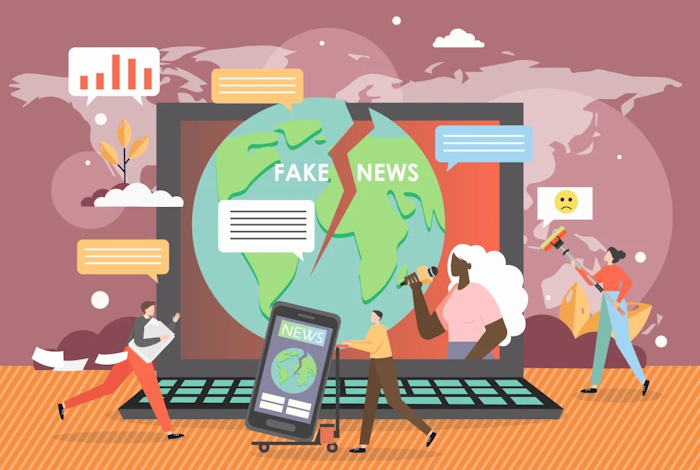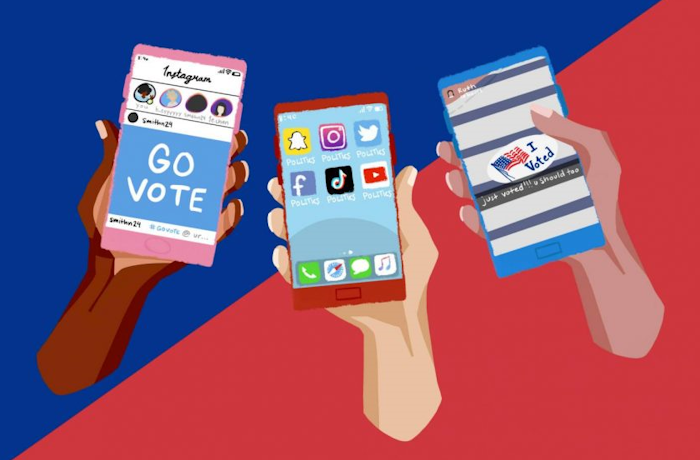Platforms for social media have successfully integrated themselves into our daily lives. They act as effective tools for entertainment, the distribution of information, and communication. Concerns have been voiced about these platforms‘ unrestricted authority and expansion, as well as the effects they may have on democracy, privacy, and society. This article explores why social media platforms should be regulated.
Misinformation and Fake News
Think of social media as a rumor mill on steroids, where a single click can convert a little flame of untruth into a raging wildfire of fabrication, burning reality in the process. The effects of unregulated lies on social media are evident, ranging from political disinformation efforts to health misinformation during the COVID-19 pandemic.

Regulation can ensure that only accurate information is shared and help stop the spread of false information. Additionally, online chat groups on applications such as WhatsApp Plus should also be regulated to stop the misinformation.
Protecting Privacy
The idea of privacy has evolved into a crucial concern at a time when social media platforms collect enormous amounts of user-provided personal data. Due to their complicated data management procedures and the impending threat of potential misuse of users’ most private information, these digital spaces have come under great scrutiny.

Regulations can define precise rules for data collection, storage, and use, guaranteeing the protection of users’ privacy rights. Moreover, big communication applications such as GBWhatsApp should place safeguards to protect user private data and ensure privacy.
Combating Hate Speech and Online Harassment
Abuse, cyberbullying, and hate speech have all flourished in the internet sphere. These harmful phenomena cast long shadows of emotional and psychological agony over individuals who fall prey to their cruel embrace, like poisonous weeds in the garden of virtual connection. Platforms may promote responsible conversation and a safer online environment by putting laws in place to monitor and control hate speech.
Protecting Democracy
It is comparable to a digital storm tearing across the democratic environment when it comes to how social media affects public opinion and political outcomes.
As infinitely powerful algorithms silently direct the course, the digital age has ushered in a new era where the very foundation of democratic processes finds itself at a crossroads, facing numerous challenges that range from the spread of false information to the shady hand of political manipulation.

Social media platforms should be regulated to reduce the possibility of foreign meddling, protect the integrity of elections, and give all viewpoints a chance to be heard.
Curbing Monopoly Power
The social media environment is dominated by a small number of tech giants who have significant influence over how information and communication are shared. This concentration of power has the potential to hinder competition, restrict innovation, and foster a culture where profit objectives prevail over user interests. A more competitive and diverse social media ecosystem can be encouraged by regulation, which can also address anti-competitive practices.





